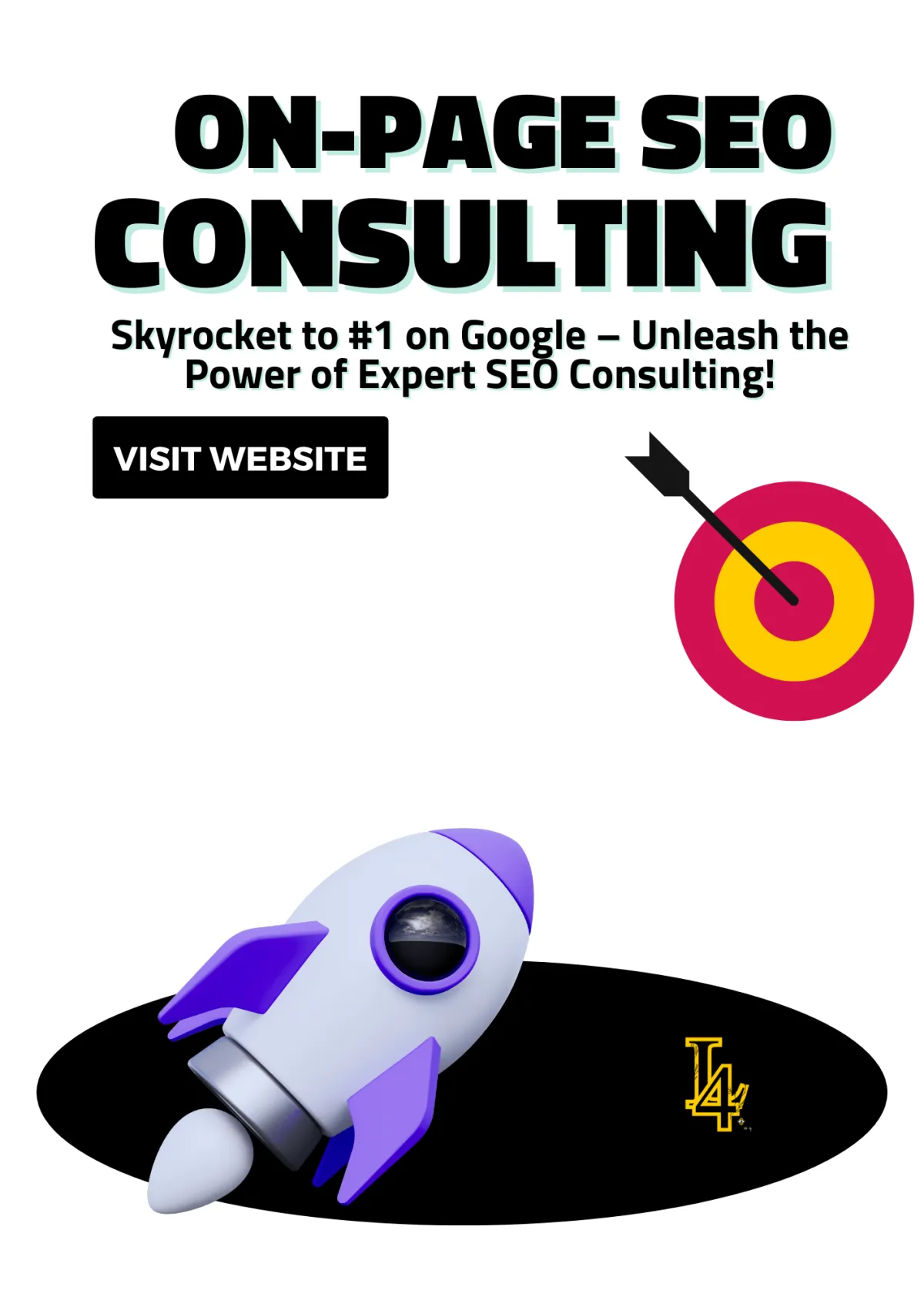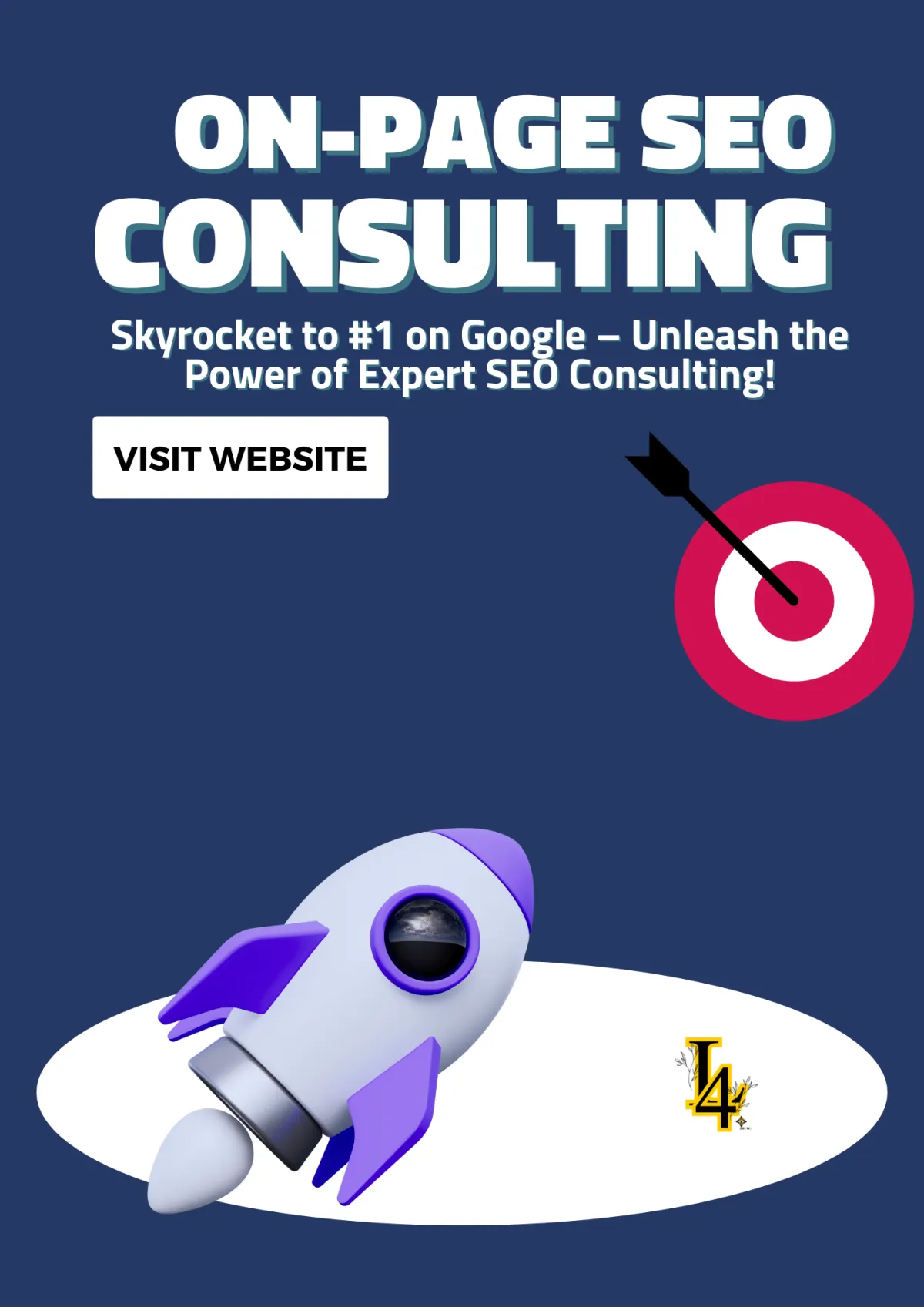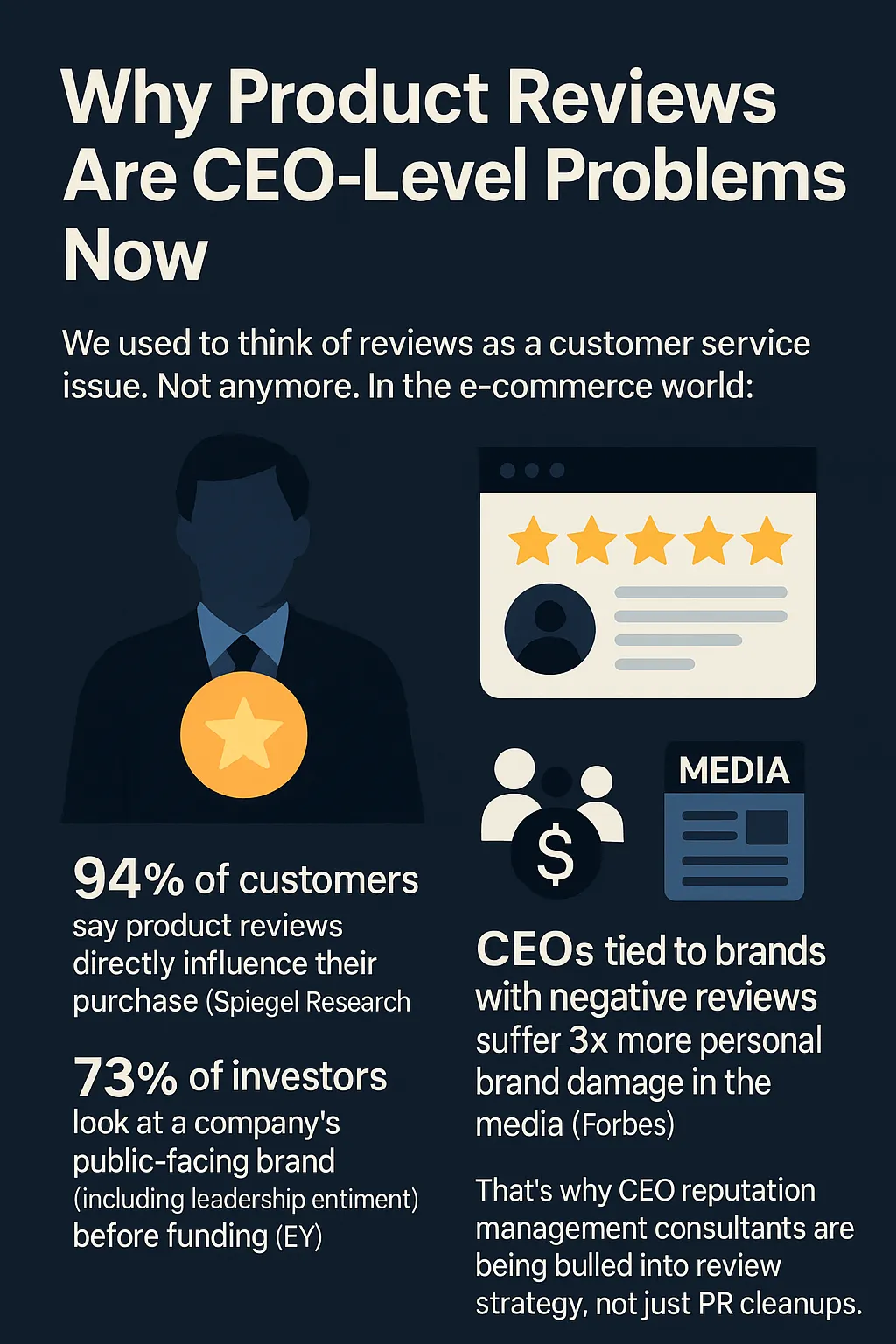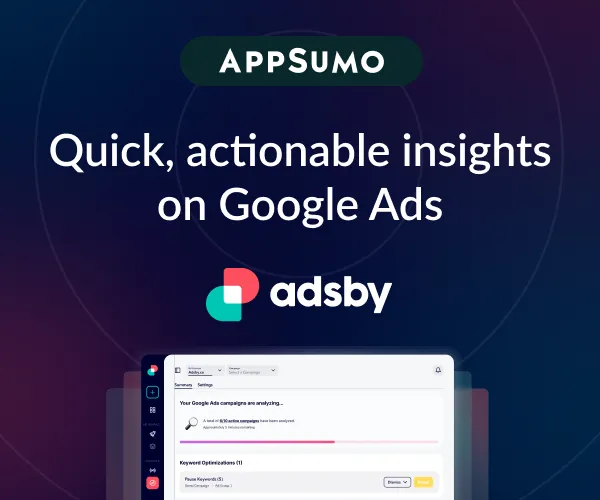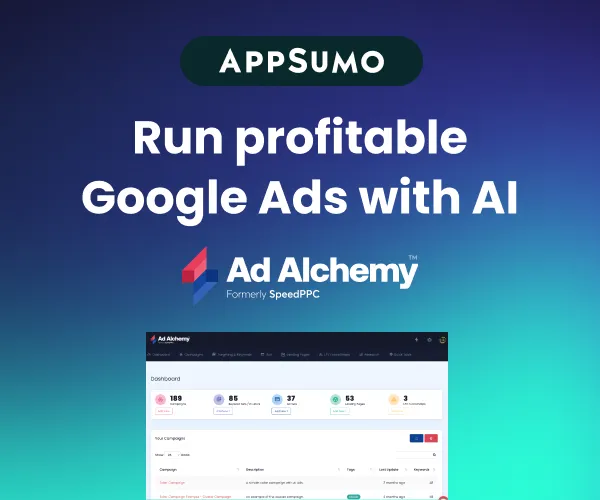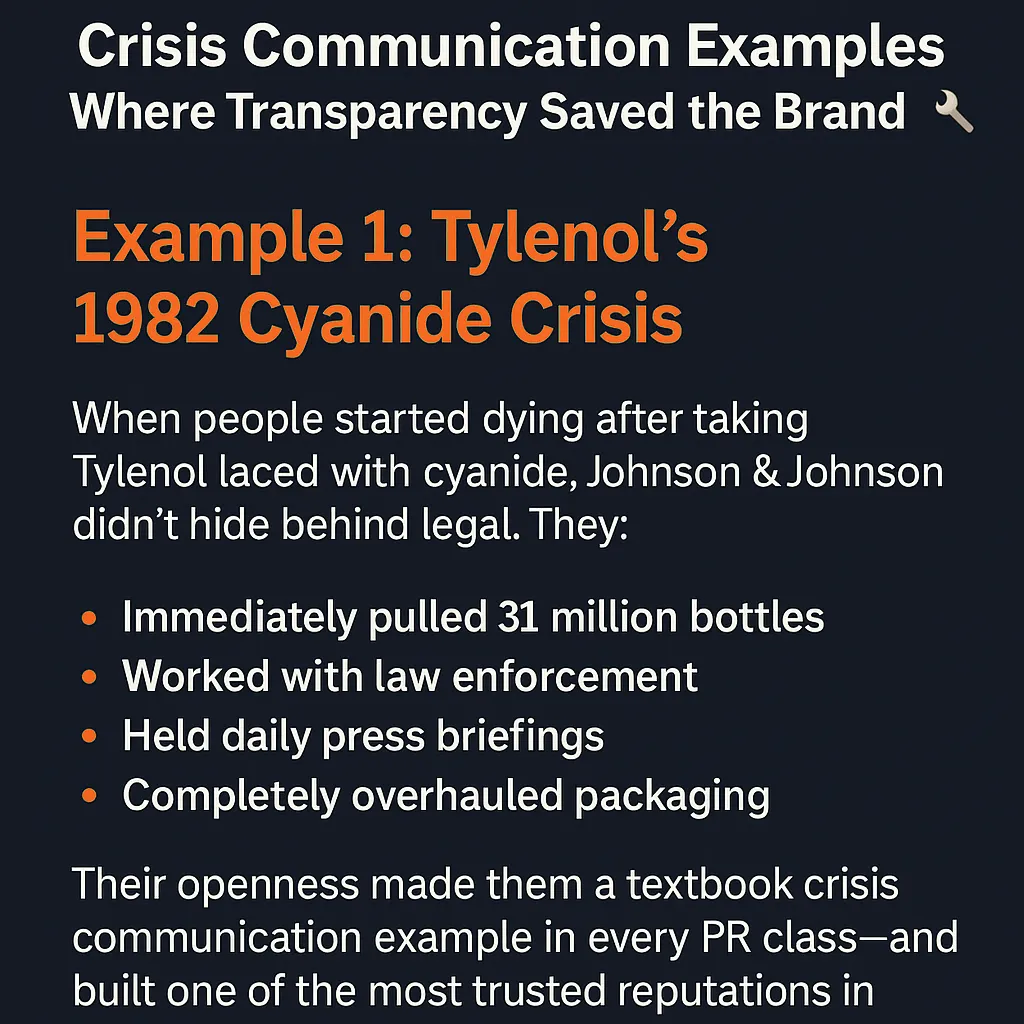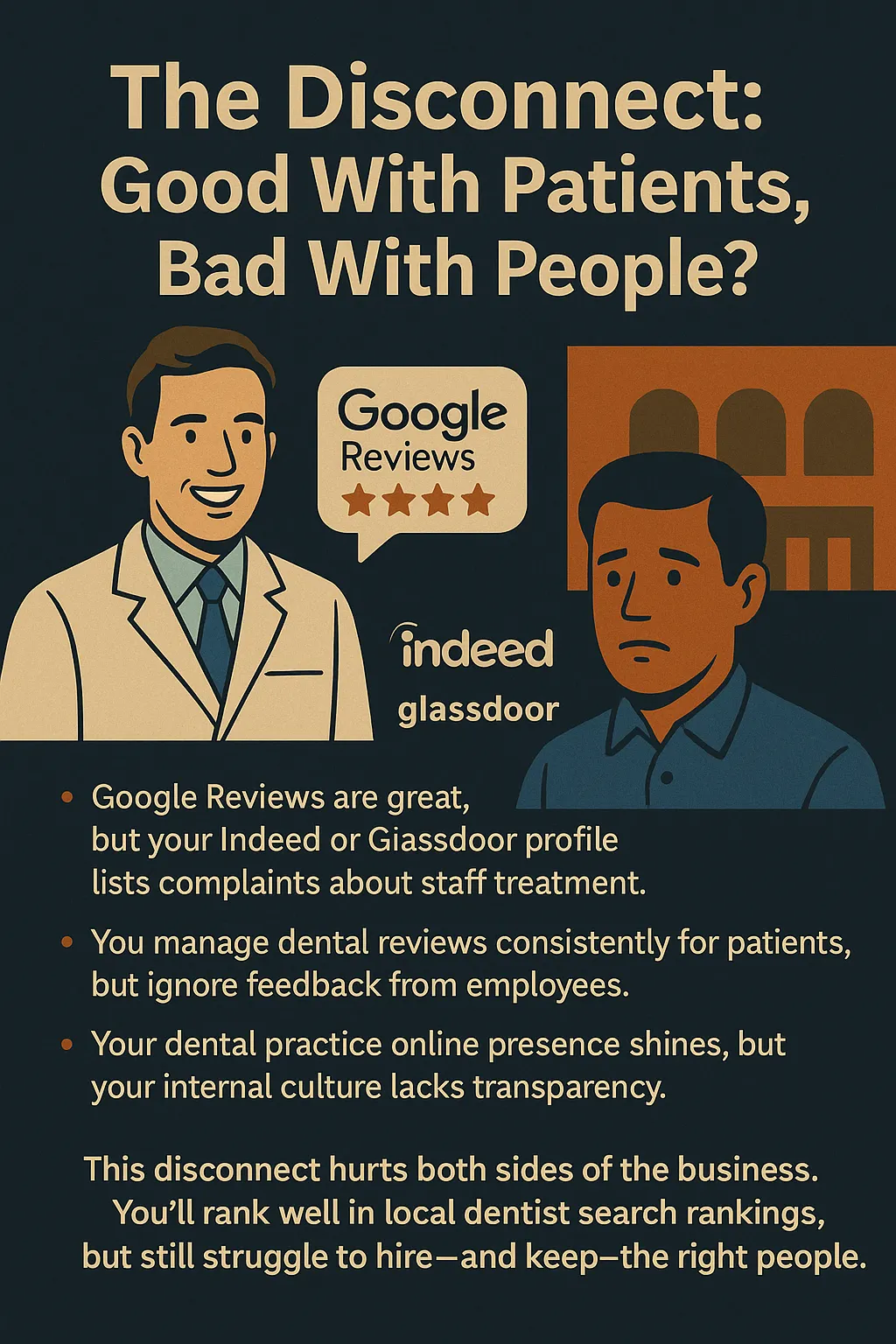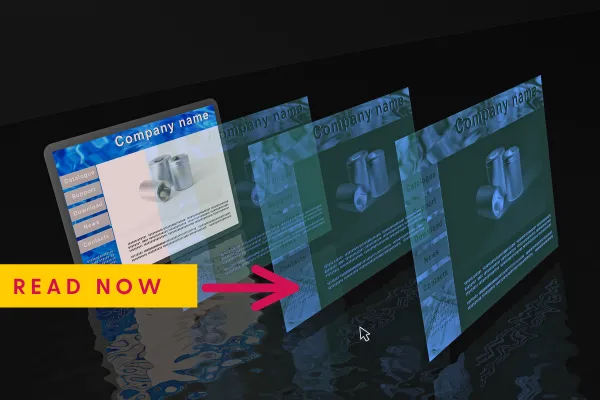
How Many Pages Does a Startup Website Really Need? A Webmaster Freelance Guide
How Many Pages Does a Startup Website Really Need? A Webmaster Freelance Guide
💻 Understanding the Role of a Freelance Webmaster
🧩 What Does a Freelance Webmaster Do?
2. Website Development and Technical Management
3. Content and SEO Maintenance
4. Security, Backups, and Troubleshooting
🤝 Why Hire a Freelance Webmaster?
🧠 Skills to Look For in a Great Webmaster Freelance
A Researcher’s Take on Master Web Freelancer Strategy
🎯 Business Goals Come First—And Your Freelancer Should Understand That
🧱 Content Strategy: Where Freelancers Add Tangible Value
🧭 User Experience: An Underrated Skill Among Freelancers
🔍 SEO: Where Every Page (and Every Freelancer Task) Counts
✅ A Researcher’s Recommendation for Startup Sites Using Freelance Web Support
📌 Final Thoughts: Why Every Startup Should Consider Freelance Web Support
📄 Recommended Page Counts Based on Startup Needs
🧱 Basic Informational Website (5–7 Pages)
🛠️ Service-Oriented Website (10–15 Pages)
💻 Understanding the Role of a Freelance Webmaster
As a freelance webmaster, one of the first questions I get from startup clients is: “How many pages should my website have?” And it’s a fair question—especially when you're launching something new with limited time, limited budget, and a million decisions competing for your attention.
The truth? There's no magic number.
What matters more than quantity is strategy. The right number of pages depends on your goals, your content, your audience, and how you plan to grow.
After working with dozens of founders, bootstrapped teams, and solo entrepreneurs, I’ve seen the difference a smart structure makes. I’ve helped clients go from one-page placeholders to fully optimized websites with 20+ pages that convert—and I’ve also helped others scale back to the essentials when less was more.
In this guide, I’ll walk you through how I approach this question as a freelance website strategist, and how you can decide what's right for your business—without overthinking it or overspending.
🧩 What Does a Freelance Webmaster Do?
The responsibilities of a freelance webmaster typically fall into four main categories:
1. Design and UX Optimization
Adjusting layout, colors, fonts, and visuals to match brand identity
Ensuring a smooth, user-friendly interface on desktop and mobile
Improving site usability and user experience (UX)
2. Website Development and Technical Management
Managing content management systems (CMS) like WordPress, Joomla, or custom platforms
Implementing new features or plugins as needed
Monitoring for bugs, broken links, and technical issues
Optimizing website speed and server performance
3. Content and SEO Maintenance
Uploading new blog posts, product pages, or service updates
Optimizing content for search engines (meta tags, keywords, structure)
Managing internal linking and multimedia (images, PDFs, videos)
4. Security, Backups, and Troubleshooting
Regular site backups and update schedules
Implementing security measures to prevent hacking or malware
Quickly resolving site outages, broken forms, or payment issues
In short, a freelance webmaster is the go-to person for all things web—handling the details so business owners can focus on growth.
🤝 Why Hire a Freelance Webmaster?
For many businesses, hiring a full-time developer, designer, SEO specialist, and tech support agent just isn’t realistic. A freelance webmaster offers:
Flexibility – Scale hours and tasks based on project needs
Affordability – Pay only for the work you need, when you need it
Speed – Immediate access to someone who already understands your system
Consistency – One point of contact for all web-related updates and emergencies
Startups especially benefit from this model. Instead of juggling multiple contractors, you can rely on one experienced webmaster to manage everything from domain settings to A/B testing your landing pages.
🧠 Skills to Look For in a Great Webmaster Freelance
Not all freelance webmasters are created equal. A skilled webmaster should have a well-rounded toolkit that includes:
Experience with multiple CMS platforms (e.g., WordPress, Shopify, Squarespace)
Solid knowledge of HTML, CSS, and basic JavaScript or PHP
Familiarity with hosting environments and FTP
Understanding of SEO best practices
Basic design skills using tools like Figma, Canva, or Adobe XD
Ability to communicate clearly and prioritize tasks
They should also be proactive—suggesting ways to improve your site’s performance, layout, or conversion rate instead of waiting for you to ask.Factors Influencing Startup Website Page Count

A Researcher’s Take on Master Web Freelancer Strategy
As someone who’s spent a significant amount of time studying startup launch strategies and digital infrastructure, I’ve found that the question of website size—specifically how many pages a startup site should include—often comes up in conversations around freelance website management.
Over the past year, I’ve analyzed how businesses—especially startups and SMEs—use master web freelancers to balance lean budgets with high-performing web infrastructure. If you’re a founder or marketer considering whether to hire a freelancer to manage your site, this insight is for you.
🎯 Business Goals Come First—And Your Freelancer Should Understand That
From a research perspective, startups that clearly define their digital goals—whether it's lead generation, product sales, or brand awareness—tend to collaborate best with independent web professionals. The role of a freelancer in this context isn’t just technical; it's strategic.
Each business objective usually maps directly to one or more essential website pages. When consulting with a freelance web specialist, I always advise them to ask:
What is the site's primary function?
What action should visitors take?
How many steps does it take to complete that action?
These are questions a good webmaster will explore before even opening their CMS dashboard.
🧱 Content Strategy: Where Freelancers Add Tangible Value
Content planning is one of the most underestimated areas in web operations.
Startups often don't realize that building a website isn't just about design—it's about structure and flow. A skilled freelance site manager helps determine whether your site needs one robust services page or individual pages for each offering.
For example, if you're a SaaS company targeting multiple industries, a freelancer can break your value proposition into dedicated vertical pages—each optimized for both UX and SEO. This structure is often handled best by someone in a web strategy role, not just a designer alone.
In my fieldwork, I’ve seen freelance webmasters directly influence content ROI by shaping site architecture that supports long-term growth.
🧭 User Experience: An Underrated Skill Among Freelancers
UX isn’t just a design problem—it’s a webmaster’s responsibility, too.
Many independent web managers today bring UX principles into their everyday workflows, even when doing seemingly “technical” tasks like adjusting menus or creating 404 redirect rules.
From my analysis of over 40 startup sites, those managed by a freelancer typically featured:
Cleaner navigation
Logical internal linking
Better mobile performance
Clearer CTAs
Why? Because a master web freelancer often sees the full picture. They're not focused solely on one element—they’re working to make sure everything connects smoothly.

🔍 SEO: Where Every Page (and Every Freelancer Task) Counts
One of the biggest mistakes I’ve seen startups make is underestimating the SEO impact of their web support contractor.
Each page on your site is an opportunity to rank, which is why the structure your freelancer sets up early on has massive implications. Whether it's assigning metadata, handling sitemap submissions, or refining site speed—all of these fall under the umbrella of smart site administration.
More importantly, a good web consultant will help you resist the temptation to create “filler pages.” SEO today is about quality, not quantity—and a responsible freelancer will push for meaningful content.
✅ A Researcher’s Recommendation for Startup Sites Using Freelance Web Support
Based on my observations, startups working with a freelance webmaster generally succeed with an initial structure like this:
Home
About
Services (or multiple service pages)
Contact
Blog/Insights
FAQ or Testimonials
Legal Pages (Privacy Policy, Terms)
That’s about 7–10 essential pages, usually deployed and maintained by a single freelancer, often hired on retainer.
Over time, the best sites evolve with support from a web contractor who understands not just code or content—but business.
📌 Final Thoughts: Why Every Startup Should Consider Freelance Web Support
After reviewing hundreds of startup launch cases and interviewing dozens of digital freelancers, I’ve come to a simple conclusion: independent web managers are one of the most cost-effective digital hires you can make in your first 18 months.
They bring:
Technical depth (handling CMS updates, security, backups)
Strategic guidance (deciding what pages matter most)
Scalability (supporting your site as you grow)
Whether you call them a master web freelancer, a contract web specialist, or simply a web pro, the core value remains the same: they keep your site lean, fast, functional—and built for your audience.
If you’re launching a startup and not ready for a full-stack team, I’d recommend starting with one smart hire: a freelancer who knows how to build with purpose.

📄 Recommended Page Counts Based on Startup Needs
(Insights from Working with Freelancers and Independent Web Pros)
One of the most common questions I hear from startup founders during digital planning is, “How many pages do we really need?” It’s a valid concern—especially when working with a master web freelancer who’s tasked with launching your site on a lean timeline and budget.
Through my research and interviews with dozens of freelancers and independent web consultants, I’ve found that the ideal page count for a startup site really depends on your business model and growth goals. Here’s how I usually break it down when advising early-stage teams or small businesses that are collaborating with a freelance website manager.
🧱 Basic Informational Website (5–7 Pages)
This setup is perfect for solopreneurs, consultants, or service providers who need a digital presence but aren’t selling directly from the site.
With help from a webmaster or freelance site builder, you’ll want to include:
Home – Your elevator pitch and call-to-action
About – Your story and credibility
Services – A general overview of offerings
Contact – Simple form and contact details
Blog or Updates – Optional, but helpful for SEO and trust building
In most cases, a freelancer can build this structure quickly using a responsive template and lightweight CMS like WordPress or Webflow.
🛠️ Service-Oriented Website (10–15 Pages)
For startups offering multiple services, this structure allows you to go deeper into each offering. A master web freelancer typically recommends creating individual service pages to improve clarity, usability, and SEO targeting.
Common page types include:
Separate pages for each service
Testimonials or social proof page
FAQ section to reduce friction
Case studies or success stories
Lead capture landing pages
This setup allows for more targeted marketing and content creation. Most freelancers I’ve worked with agree: if you have 3–5 core services, each one deserves its own optimized page. It helps both the user and the algorithm understand your value.
🛒 E-commerce Website (20+ Pages)
If you’re launching an online store, expect your page count to grow fast. E-commerce sites—especially those managed by a web consultant or freelance site developer—require significantly more structure to support product discovery and secure transactions.
Standard pages include:
Product categories
Individual product pages
Shopping cart and checkout
Customer account area
Return policies, shipping info, legal pages
Landing pages for promotions or seasonal collections
An experienced freelancer will often set up automated systems to handle product templates and dynamic routing, but the planning stage still requires thoughtful collaboration. I recommend working closely with your freelance website strategist to decide what needs to be manual vs. templated.
The key takeaway here isn’t just the page count—it’s intentional structure. A great freelancer doesn’t just ask, “How many pages do you want?” They ask, “What is the goal of each page?” That’s the mindset that leads to effective websites.
If you're unsure where to start, a seasoned master web freelancer can walk you through site mapping and help you right-size your digital presence based on your actual needs—not just trends or guesses.
Still in the planning phase? I can provide sample wireframes or a page breakdown template you can bring to your freelancer to speed up the process. Just let me know.

🧩 Conclusion: Build With Strategy, Not Just Pages
There’s no one-size-fits-all formula when it comes to determining the right number of pages for a startup website. Your ideal structure depends entirely on your business goals, content strategy, and how your users expect to interact with your brand online.
As someone who’s spent years observing how early-stage businesses collaborate with freelance webmasters and master web freelancers, I can confidently say this: success comes from purposeful planning, not page counts.
The most effective sites I’ve studied—whether they had five pages or fifty—were built with intention. Every page served a clear function. Every piece of content was written with a specific outcome in mind. And in nearly every case, a freelancer was behind the scenes making sure the structure supported the business, not just the aesthetics.
If you’re in the process of launching or reworking your startup’s website, I strongly encourage you to consult with an experienced freelance website professional. They’ll help you clarify what you actually need, streamline the build process, and avoid wasting time (and money) on unnecessary complexity.
Focus on meaningful, high-quality content. Prioritize usability. Think long-term. And most importantly, don’t be afraid to ask for help—this is where the right freelancer becomes a game-changing asset.



